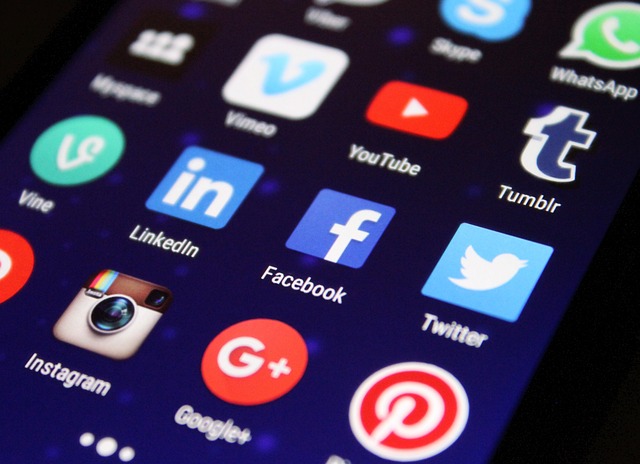Understanding Social Media Censorship
In recent years, social media censorship has emerged as a hot topic, igniting passionate discussions among users, influencers, and policymakers alike. As platforms like Facebook, Twitter, and Instagram continue to evolve, their role as arbiters of information has come under scrutiny. The impact of social media censorship transcends mere content restriction; it shapes how we communicate, perceive the world, and engage with one another.
The Dual-Edged Sword of Social Media
Social media serves as a powerful tool for connection, giving voices to marginalized groups and raising awareness about critical issues. However, this very openness comes with a downside. The imperceptible hand of social media censorship often shapes our experiences online. Users may find their posts flagged or removed, leading to confusion and frustration. This type of censorship is often masked under the guise of community guidelines,” but what constitutes a violation? The ambiguities surrounding these policies leave many questioning the fairness and transparency behind censorship decisions.
The Ripple Effect of Censorship
When social media platforms choose to censor certain viewpoints or content, they’re not just stifling individual expression; they’re altering the fabric of public discourse. The impact is profound. When users feel that their opinions might be suppressed, they may become hesitant to share their thoughts, leading to a homogenization of online content. This can result in a less informed society where diverse perspectives struggle for visibility. The effects of social media censorship ripple out, influencing not only users but also the narratives that society upholds.
The Balance Between Safety and Freedom
Supporters of social media censorship argue that it helps combat misinformation and protects users from harmful content. However, the challenge lies in finding a balance between ensuring safety and preserving freedom of expression. Each platform has its own set of rules, which can lead to inconsistencies in enforcement. A nuanced conversation about the implications of these rules is crucial in understanding the bigger picture surrounding social media censorship.
Empowering Users Through Awareness
As we navigate the complexities of social media censorship, it’s essential for users to educate themselves about their rights and the mechanisms behind these platforms. Advocating for transparency in content moderation policies and demanding accountability from social media companies can empower individuals. By raising awareness and expressing concerns, users can play a critical role in shaping the future of online discourse.
The conversation around social media censorship will likely continue to evolve, reflecting broader societal values and challenges. While the digital landscape is fraught with uncertainty, one thing is clear: being informed and engaged is more important than ever in this age of information. By understanding the dynamics of social media censorship, we can better navigate the complex terrain of online communication.



